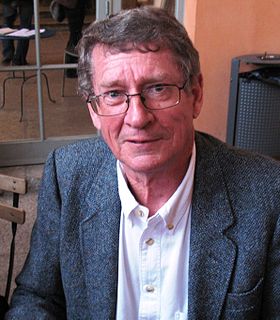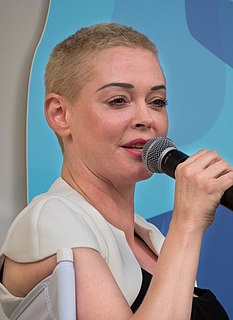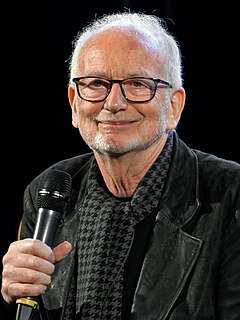A Quote by Gong Yoo
When I become a character in a movie or drama... I can think about the character only and not the complicated matters of my own life.
Related Quotes
The first thing that happens is the cleansing of the former character. I don't think a lot of actors talk about it, but there is usually a process where you essentially purge yourself of the character played prior to the movie. Then you want to think about what the character represents, and you write down all of the elements about this character and then take the time to find some synchronicity and start breathing the character.
When I'm following what a character does in a book I don't have to think about my own life. Where I am. Why I'm here. My moms and my brother and my old man. I can just think about the character's life and try and figure out what's gonna happen. Plus when you're in a group home you pretty much can't go anywhere, right? But when you read books you almost feel like you're out there in the world. Like you're going on this adventure right with the main character. At least, that's the way I do it. It's actually not that bad. Even if it is mad nerdy.
When you are writing, you have to love all your characters. If you're writing something from a minor character's point of view, you really need to stop and say the purpose of this character isn't to be somebody's sidekick or to come in and put the horse in the stable. The purpose of this character is you're getting a little window into that character's life and that character's day. You have to write them as if they're not a minor character, because they do have their own things going on.
In novels you're able to occupy character's internal thoughts and it's really hard to do in a film or a TV show. When you're reading a character's thoughts or when it's in first person, you're reading kind of their own story, so you have the opportunity to see what makes that character complex or complicated. And to me that's what the whole point of fiction is.
I'm not a big fan of violent movies, it's not something I like to watch. And it's not my aim or goal to make a violent movie. My characters are very important, so when I'm trying to depict a certain character in my movie, if my character is violent, it will be expressed that way in the film. You cannot really deny what a character is about. To repeat, my movie end up becoming violent, but I don't start with the intent of making violent movies.
One thing I've learned as an actor as well as a producer is to trust my own instinct. When I first started acting I would sometimes have ideas about certain things, whether it's a scene, or a character or certain dialogue, that wouldn't be followed. I was never in a position to have the power to press the matter. Sometimes it wasn't even about my character. But I'd watch the movie afterwards and think I was right.




































